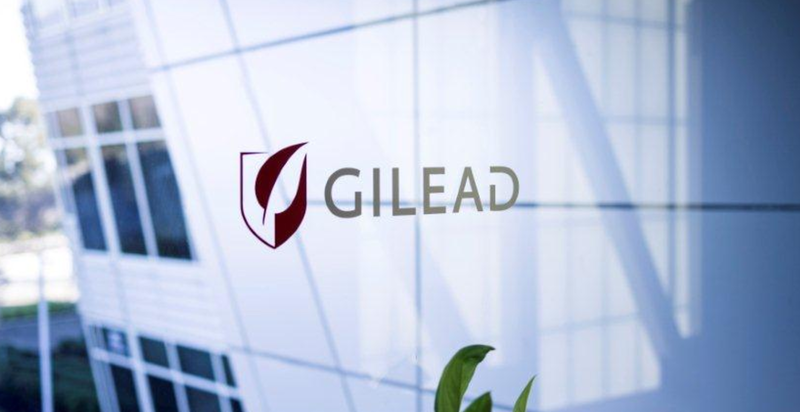Two months after Gilead’s JAK inhibitor hit an FDA roadblock in rheumatoid arthritis, the company unveiled full data for the drug, filgotinib, from an ulcerative colitis study involving more than 1,300 patients.
The efficacy numbers echoed the top-line data reported in May, with more patients taking the top dose of the drug (200 mg) achieving clinical remission than patients taking placebo after 10 weeks of treatment. It did better in patients who had not tried biologic drugs, with 26% achieving remission compared to 15% on placebo, but it still beat placebo in hard-to-treat patients for whom treatment with TNF blockers and integrin receptor blockers did not work.
“These study results showed that filgotinib reduced bleeding and stool frequency while also achieving remission across a range of measures, including endoscopy and histology, in an oral formulation,” said Laurent Peyrin-Biroulet, M.D., Ph.D., of Lorraine University in France, in a statement on Monday. Peyrin-Biroulet presented the study at this year’s United European Gastroenterology Week virtual meeting.
The update comes on the safety side, with Gilead detailing the rates of various side effects, including serious infections, herpes zoster, pulmonary embolism and opportunistic infections, or infections that happen more frequently in people with weakened immune systems. Those side effects occurred at very low rates, affecting less than 1% of patients taking the 200 mg dose of filgotinib.
It’s good news for Gilead and partner Galapagos, which have framed safety as a positive differentiator for filgotinib over other JAK1 inhibitors, which so far have all come with a black box warning.
After the 10th week of treatment, the 558 patients who responded to filgotinib were re-randomized to receive the filgotinib dose they’d taken for 10 weeks—100 mg or 200 mg—or placebo. At week 58, 37% of the filgotinib patients had achieved clinical remission vs. 11% of placebo patients.
In this portion of the study, the maintenance trial, side effects occurred at roughly the same rates, with about 1% of the 200 mg group and the placebo group experiencing serious infections and 0.5% of the 200 mg group and no patients on placebo suffering herpes zoster. No patients taking filgotinib developed blood clots in their veins, compared to 2% of patients on placebo.
Two patients taking the 200 mg dose died during the maintenance trial, but the investigators deemed the deaths unrelated to treatment.
“The SELECTION study assessed the efficacy and safety of filgotinib in some of the most difficult-to-treat patients with ulcerative colitis, including a high proportion of patients who were refractory to biologic treatment and in need of new treatment options,” said Dr. Walid Abi-Saab, Chief Medical Officer, Galapagos. “The efficacy and safety data seen with filgotinib in this patient population add to the growing body of evidence demonstrating the potential this once-daily treatment may offer patients living with this debilitating condition.”
The data come two months after the FDA nixed the drug as a treatment for rheumatoid arthritis, asking to see data from two clinical trials assessing the effect of the 200mg dose on sperm concentrations. The FDA has also “expressed concerns regarding the overall benefit/risk profile of the filgotinib 200 mg dose,” according to Gilead. Regulators in Europe and Japan OK’d the drug in September.
Gilead expects to report top-line data in the first half of next year. Assuming Gilead goes back to the FDA in the middle of 2021 and all goes to plan, filgotinib could see an FDA approval in rheumatoid arthritis in early 2022.

